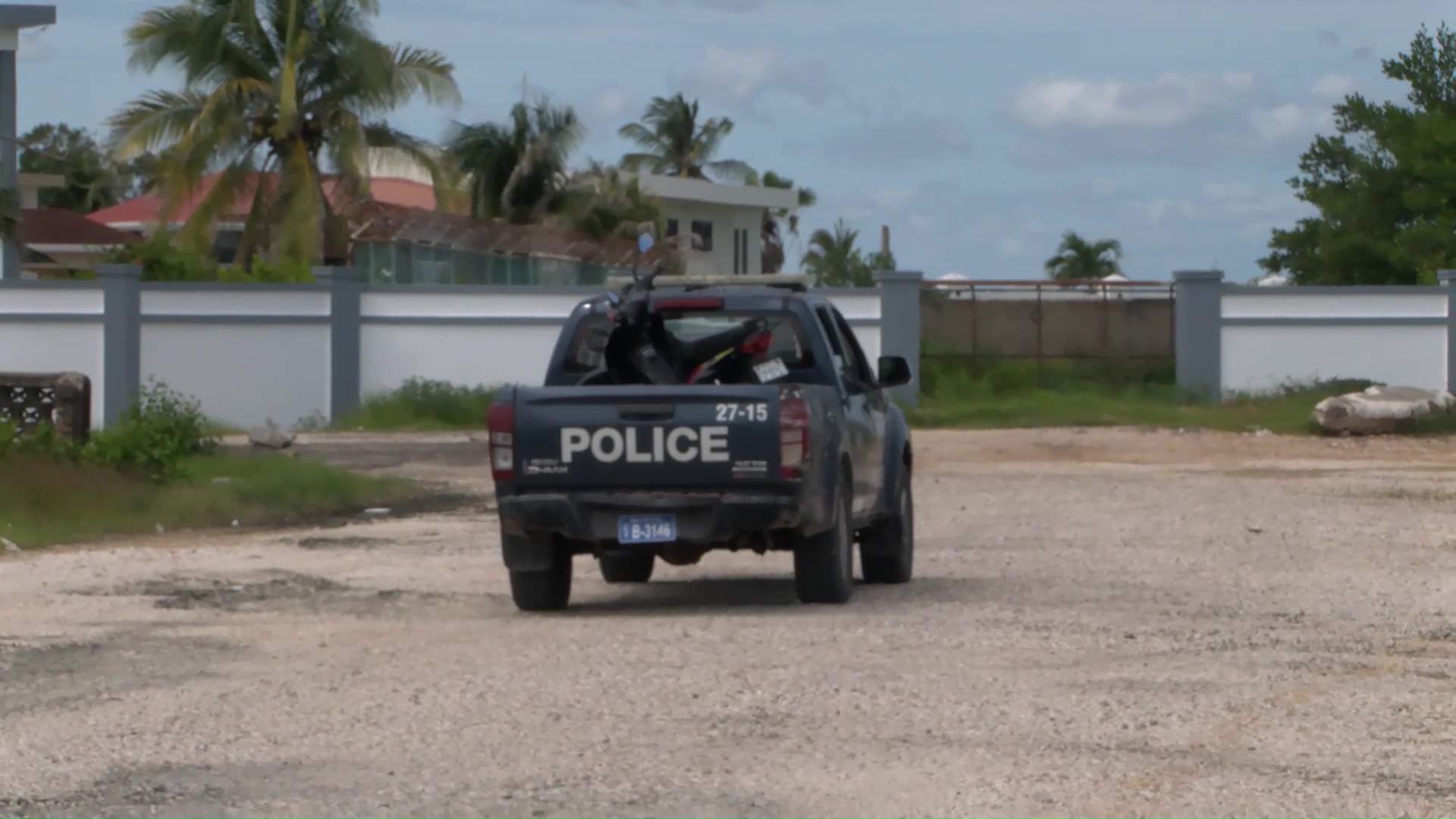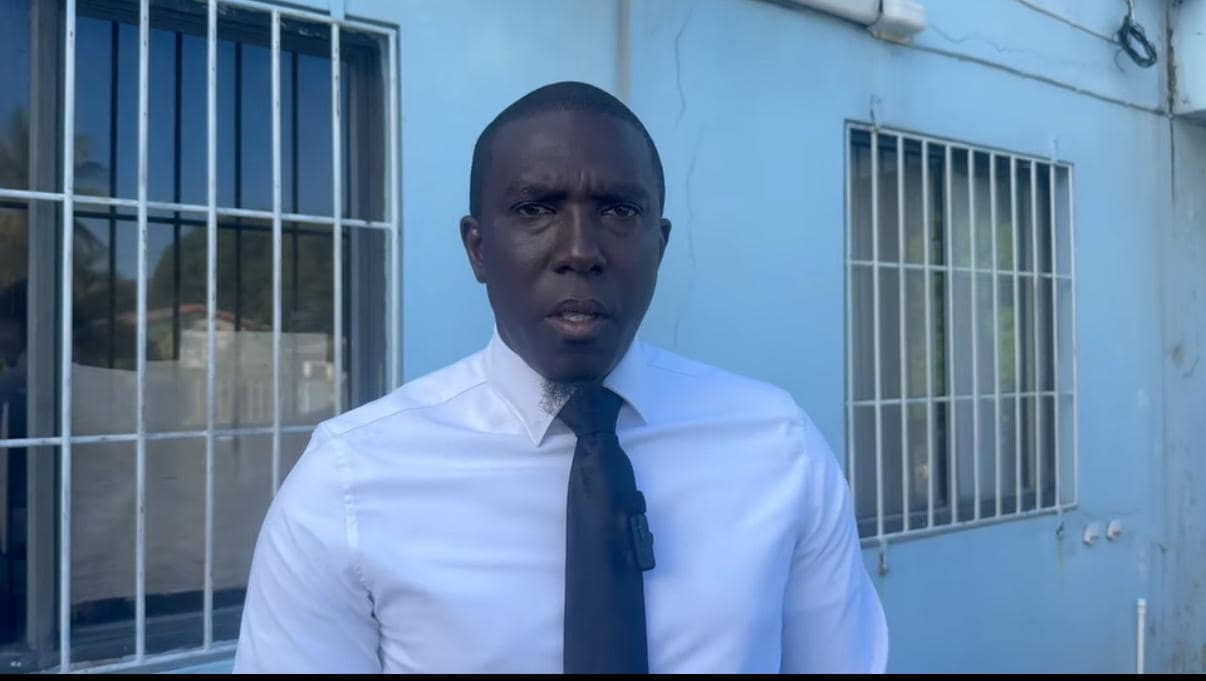A sudden scare of gunfire at the Hangar, a popular gathering spot in Belize City, has reignited concerns over public safety and urban planning. The incident occurred on Monday night, merely days after the removal of barricades that had long restricted access to the area. Residents reported hearing what they believed to be gunfire, with some suggesting an entire ammunition clip was discharged. However, police investigations revealed no injuries or shell casings, leaving the community on edge. The timing of the event is notable, as it precedes a High Court challenge by resident Rommel Berges against the Belize City Council. Berges contends that the barricades, while intended to curb crime, posed significant safety risks by obstructing emergency vehicle access. For years, the Hangar has been a focal point of complaints, with locals decrying its reputation for drug activity, noise pollution, and criminal behavior. While some residents advocated for the barricades and even proposed subdividing the land, others opposed these measures. The council’s decision to remove the barriers ahead of the court case has left the future of the public road uncertain, raising questions about how to balance safety and accessibility in urban spaces.
博客
-
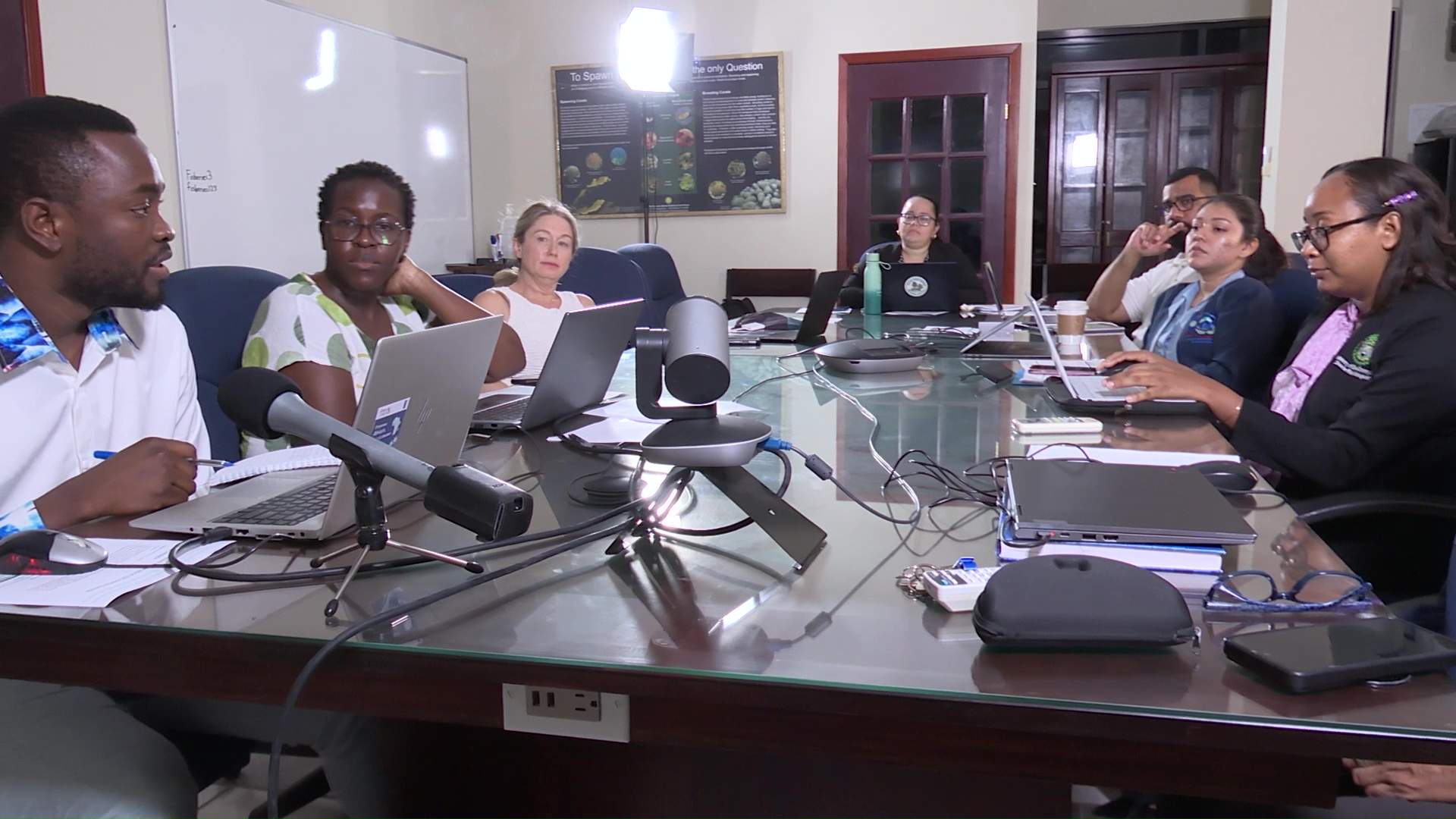
Belize at Center of the Blue Economy Exchange
Belize has emerged as a key player in the global effort to balance economic growth with marine conservation through the Blue Economy. Partnering with the African Union and the Global Water Partnership, Belize is hosting a groundbreaking knowledge exchange aimed at fostering sustainable ocean development. This initiative, supported by the Global Environment Facility (GEF), focuses on practical solutions such as sustainable fisheries, marine spatial planning, and innovative financing mechanisms. Two major projects—the African Small Island Developing States (SIDS) Blue Economy Project and PROCARIBE+—are driving this collaboration. The exchange aims to share best practices and develop policies that ensure the Blue Economy benefits both people and the planet. Carlie Gillett, Project Officer for the Blue Economy, emphasized the importance of mutual learning between projects to advance sustainable fisheries and marine planning. Sonia Gautreau of the UNDP highlighted the role of the International Waters Learning Exchange and Resources Network (IW Learn) in facilitating global collaboration. For African SIDS, the priority is establishing robust policies and frameworks to scale the Blue Economy across the continent. Shamiso Kumbrai, representing the African SIDS Project, noted the significance of on-the-ground implementation, which Belize exemplifies. Samir Rosado of the Coastal Zone Management Authority and Institute (CZMAI) underscored Belize’s vision of a healthy, resilient ocean that supports both economic prosperity and cultural well-being. The knowledge exchange, set to conclude later this week, promises to influence ocean policy and sustainable development strategies worldwide.
-
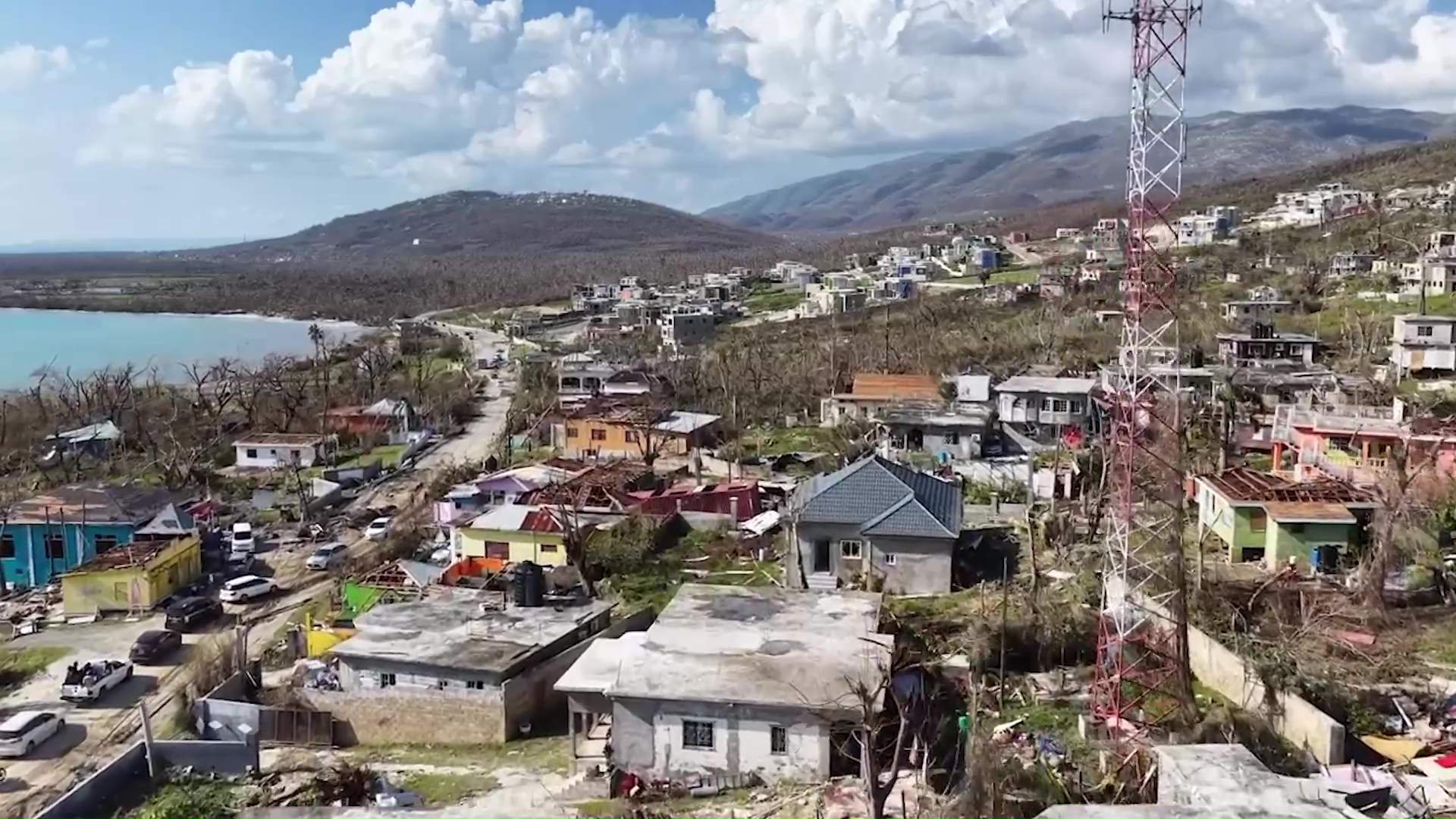
Belizean Students Face New Normal in Jamaica
Belizean students in Jamaica are demonstrating remarkable resilience in the aftermath of Hurricane Melissa, a catastrophic Category Five storm that struck the region just a week ago. Despite the devastation, all Belizean students are safe and accounted for, and they have already resumed their studies through online classes. The University of the West Indies (UWI) has extended support, offering counseling services and adopting a hybrid learning model to help students recover while gradually transitioning back to in-person classes.
Bernard Pitts, President of the Belizean Student Association of Jamaica (BELSAJ), highlighted the progress made in distributing relief supplies, including food packages, to students. However, financial strain remains a pressing issue. Many students exceeded their budgets while preparing for the storm, covering costs for transportation, accommodation, and emergency supplies. Pitts emphasized the need for financial assistance to alleviate these burdens.
In a show of solidarity, Belizean students are planning to donate some of their relief supplies to Jamaican communities that were severely impacted by the hurricane. Jamaican Belizean activist Moses Sulph echoed this sentiment, calling on the Belizean public to contribute to relief efforts, emphasizing the importance of humanitarian support during such crises.
Despite the challenges, the students’ determination to adapt and support others underscores their resilience and community spirit. Shane Williams reports for News Five.
-
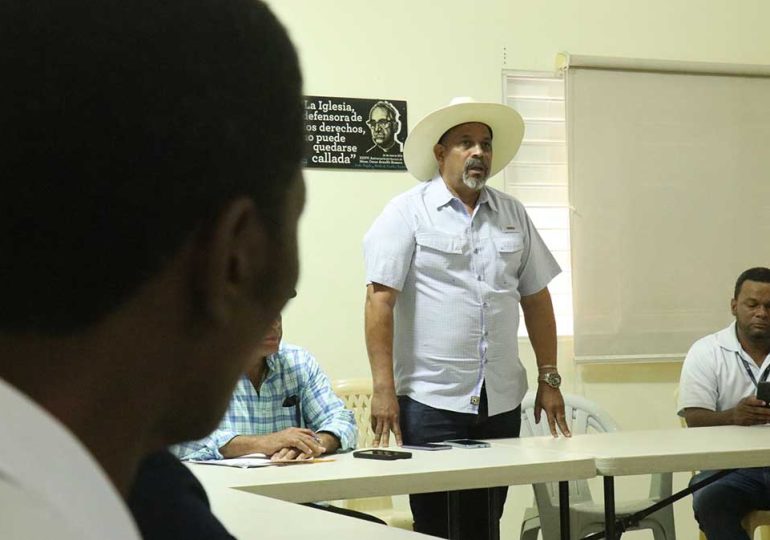
New measures announced to control Haitian motorcycle access to Dajabón
In a significant move to streamline cross-border traffic and ensure safety, authorities and merchants in Dajabón, Dominican Republic, convened with Haitian representatives and cargo motorcycle operators to discuss new regulations governing the entry of Haitian motorcycles. These measures, set to take effect in January, aim to enforce legal and safety standards while maintaining orderly commerce. Mayor Santiago Riverón outlined that only motorcycles meeting specific legal criteria—such as possessing insurance and proper registration—will be permitted to cross the border. To prevent congestion, entry will be staggered in groups, and Haitian vehicles will be restricted to a designated tolerance zone near the Border Market. Violators venturing beyond authorized areas without permission will face detention and fines. Freddy Morillo, president of the Federation of Merchants of the Border Market, highlighted that the regulations are designed to foster orderly trade and ensure compliance. He further explained that motorcycles entering Dajabón must carry insurance, and those seeking access to the city center must obtain official permits marked by colored emblems issued by the municipal council. Bilateral committees will collaborate to ensure the seamless implementation of these new rules.
-
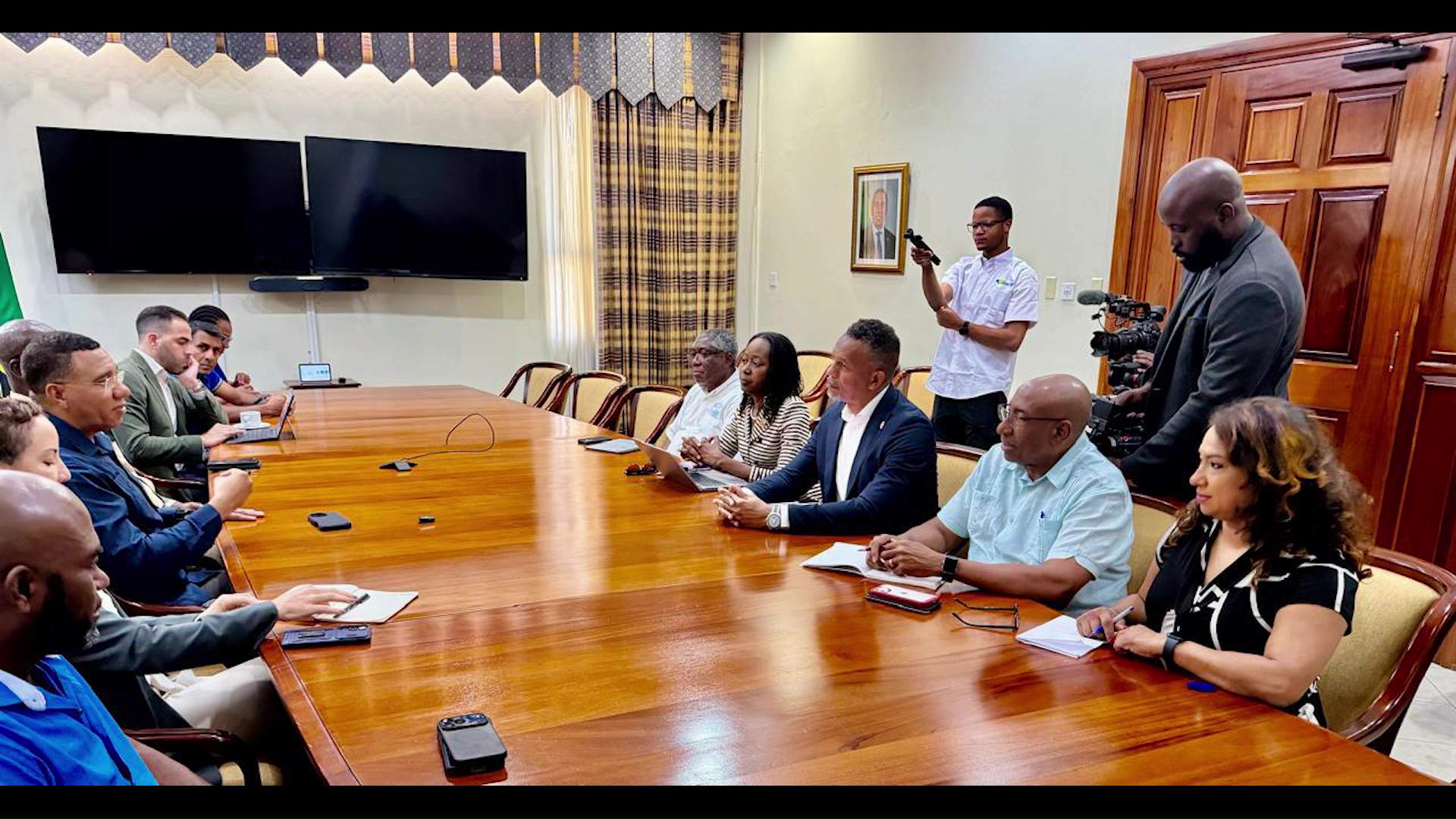
Regional Response Ramps Up After Melissa’s Fury
Jamaica is grappling with the aftermath of Hurricane Melissa, a catastrophic Category 5 storm that struck the island on October 28, 2025. The hurricane brought devastating winds, severe flooding, and destructive storm surges, leaving thousands displaced and entire communities without power. The hardest-hit areas include St. Elizabeth, St. James, Trelawny, Manchester, Hanover, and Westmoreland. In response, regional organizations have swiftly mobilized to provide aid. The Caribbean Public Health Agency (CARPHA) led the charge, with Executive Director Dr. Lisa Indar joining a high-level CARICOM delegation just two days after the storm. The team, which included representatives from the Caribbean Disaster Emergency Management Agency (CDEMA), the Caribbean Development Bank, and the Caribbean Institute for Meteorology and Hydrology, immediately began assessing the damage and coordinating relief efforts. On November 1, the delegation met with Jamaican Prime Minister Andrew Holness and Health Minister Dr. Christopher Tufton to outline a comprehensive public health response. As Jamaica embarks on its recovery journey, the region has demonstrated remarkable solidarity in the face of this natural disaster.
-
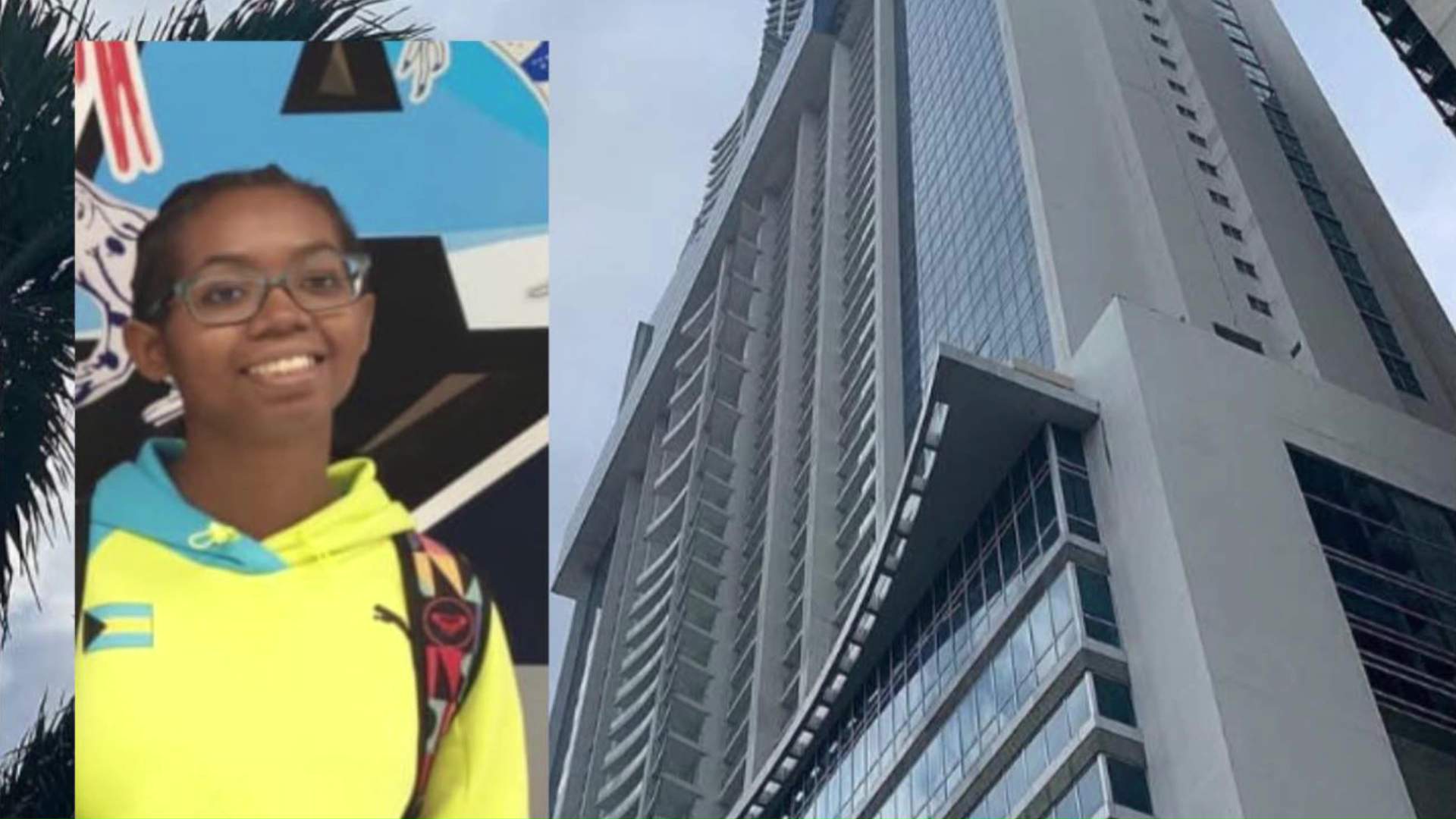
16-Year-Old Student Falls to her Death at Robotics Competition in Panama
A somber cloud descended over the FIRST Global Challenge 2025 in Panama as a tragic incident claimed the life of a young participant. Madeline Thompson, a 16-year-old student from St. Augustine’s College in the Bahamas, fell to her death during the international robotics competition. The event, which took place from October 29 to November 1, brought together teams from across the globe, including a contingent from Belize High School. The final day of the competition turned into a day of mourning when Thompson’s body was discovered near a public pool on the twelfth floor of the venue at approximately 6 a.m. Initial reports indicate that she had been staying on the twenty-seventh floor with two peers. The circumstances surrounding her fall remain unclear, and Panamanian authorities have yet to determine if foul play was involved. The Bahamian Ministry of Foreign Affairs has stepped in to assist, collaborating with local officials and Thompson’s parents, who were present at the event, to navigate the aftermath of this devastating loss.
-
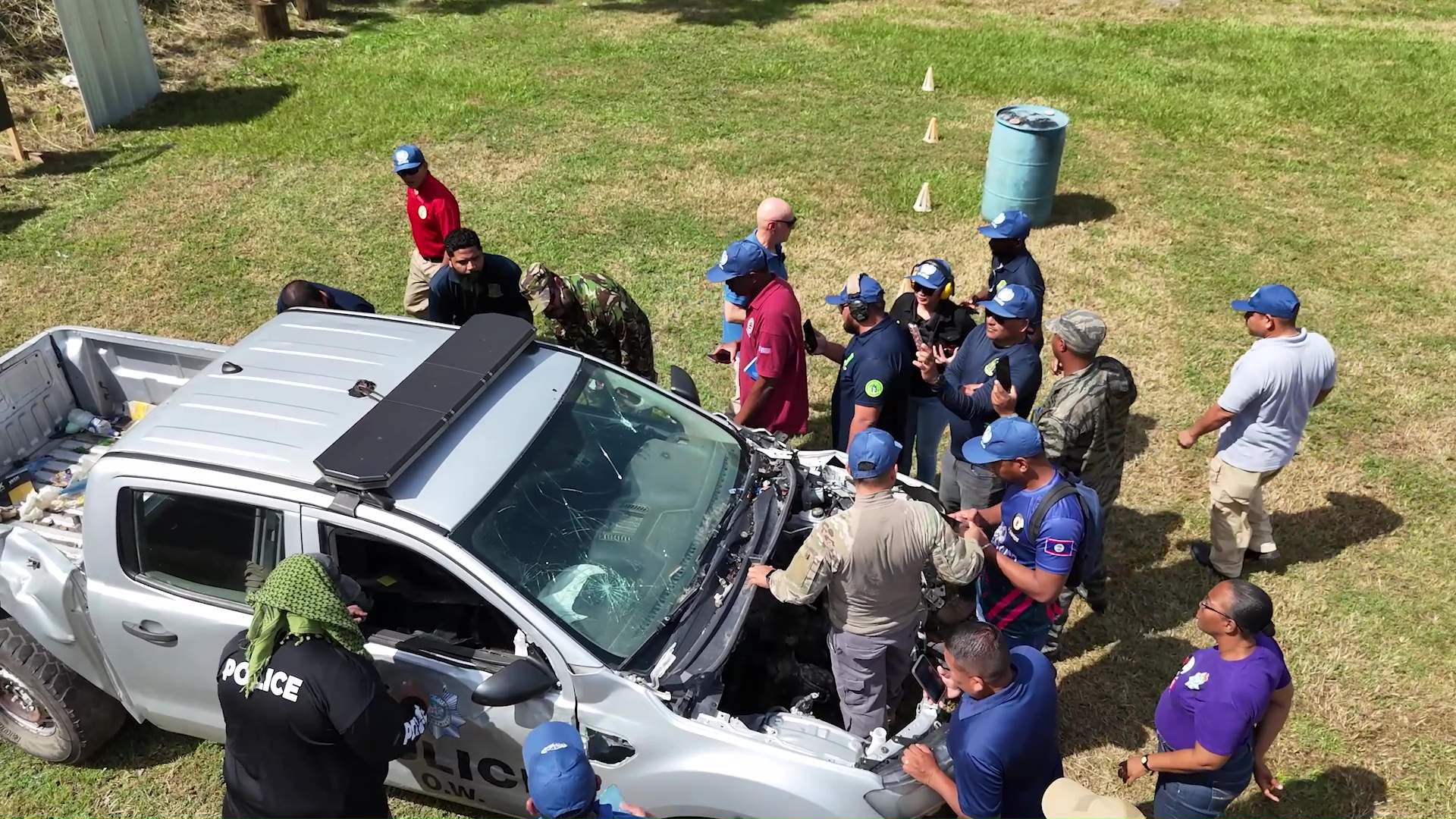
New Training Helps Officers Solve Gun Crimes
In a significant move to combat gun violence, Belizean police officers are undergoing specialized training to improve their ability to investigate shooting incidents. This initiative, led by the Ministry of Home Affairs in collaboration with the U.S. Government, is part of the Caribbean Firearms Roadmap—a regional strategy Belize has adopted alongside other CARICOM nations. The training focuses on equipping officers with advanced techniques to reconstruct crime scenes, analyze evidence, and strengthen prosecutions.
-
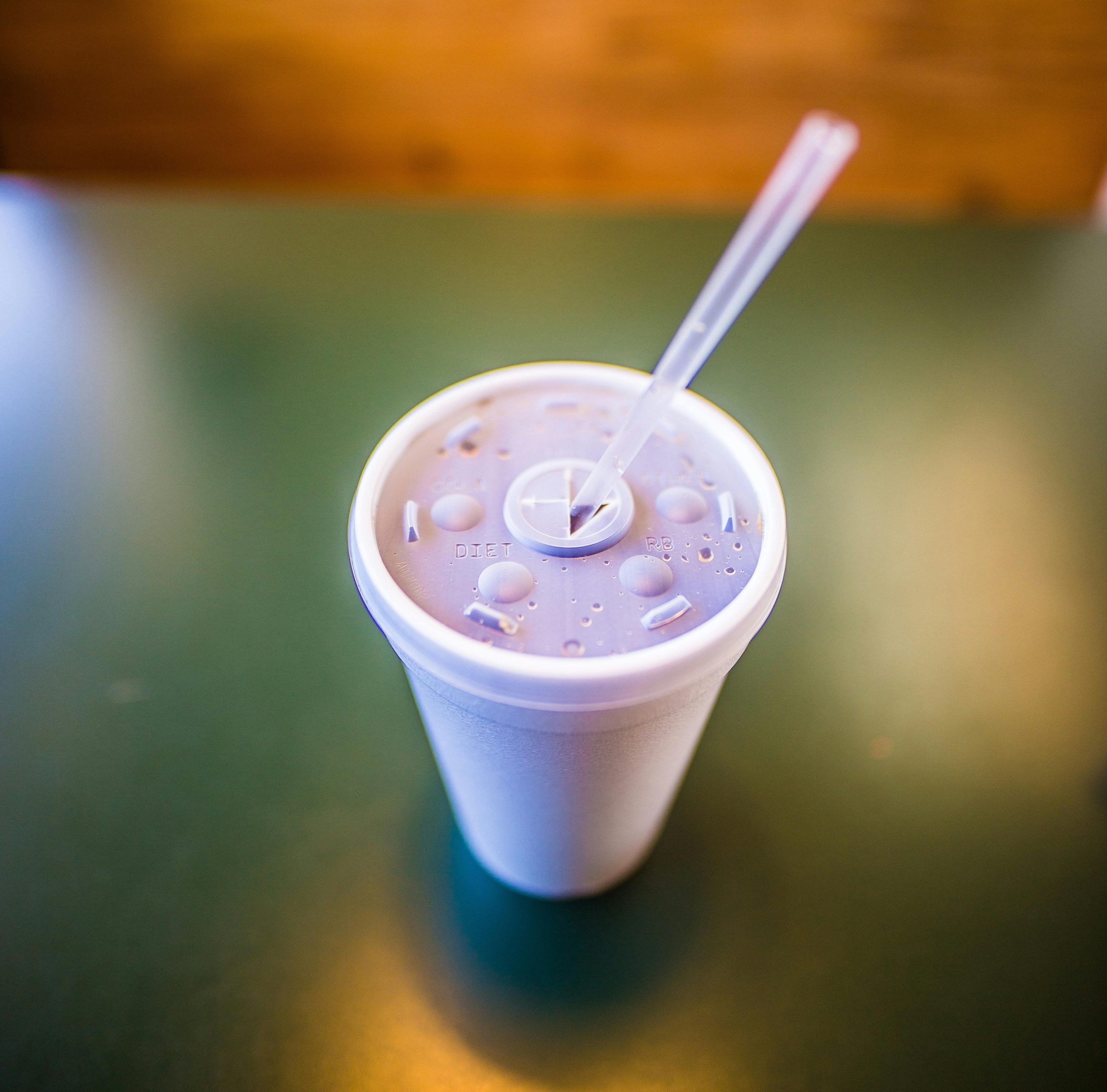
Abinader reviews and endorses reforms to Solid Waste Management Law
Santo Domingo – In a significant move toward environmental sustainability and market fairness, President Luis Abinader has approved comprehensive amendments to the Solid Waste Management Law (Law No. 225-20). The revised legislation introduces stringent measures to phase out single-use plastics and foam materials, marking a pivotal step in balancing industrial practices with ecological preservation. Businesses are now mandated to eliminate these non-biodegradable products within 12 months, with a notable exception for ‘laptop’ food containers and trays, which are granted an additional year due to the absence of cost-effective alternatives. Within the same timeframe, retailers must begin charging for non-biodegradable plastic bags and launch public awareness campaigns promoting reusable or eco-friendly options. Furthermore, the law imposes a 60-day ban on the importation of non-biodegradable plastic items, including cups, cutlery, and lids, following its enactment. In a letter to Senate President Ricardo de los Santos on November 3, President Abinader underscored the dual objectives of the amendments: safeguarding the environment and fostering fair competition by curbing monopolistic practices. The reforms also propose strategic adjustments to the criteria for establishing transfer stations, landfills, and waste recovery plants, emphasizing logistical efficiency over regional boundaries. Additionally, the law refines key definitions and concepts to ensure its effective implementation, signaling a robust commitment to sustainable development and environmental stewardship.
-
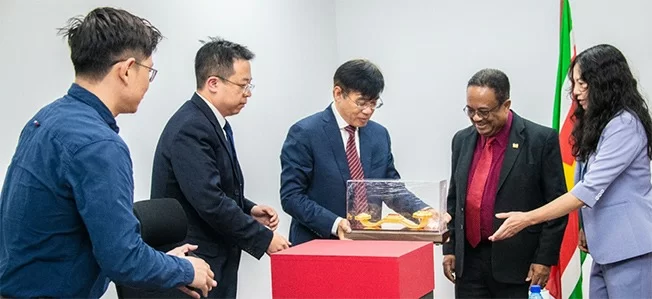
Regering hervat onderhandelingen met Chinalco over bauxiet West-Suriname
The Surinamese government has announced plans to renegotiate its agreement with Chinese bauxite company Chinalco, aiming to secure a more favorable deal for the nation. Acting President Gregory Rusland revealed this development during a meeting with a Chinalco delegation on November 4, 2025. A special negotiation committee will be established to revise the terms of the original agreement signed with the previous administration in November 2024. The deal, which involved a $426 million investment for a bauxite mine and related infrastructure in Apoera, West Suriname, had stalled due to strong opposition from local communities. Rusland, who had previously opposed the deal as a parliamentarian, emphasized the need for a revised agreement that ensures bauxite processing within Suriname, thereby maximizing national benefits. Chinalco’s director, Bo Qu, expressed commitment to a mutually beneficial partnership. The renewed negotiations aim to address local concerns and clarify the conditions under which the project can proceed.
